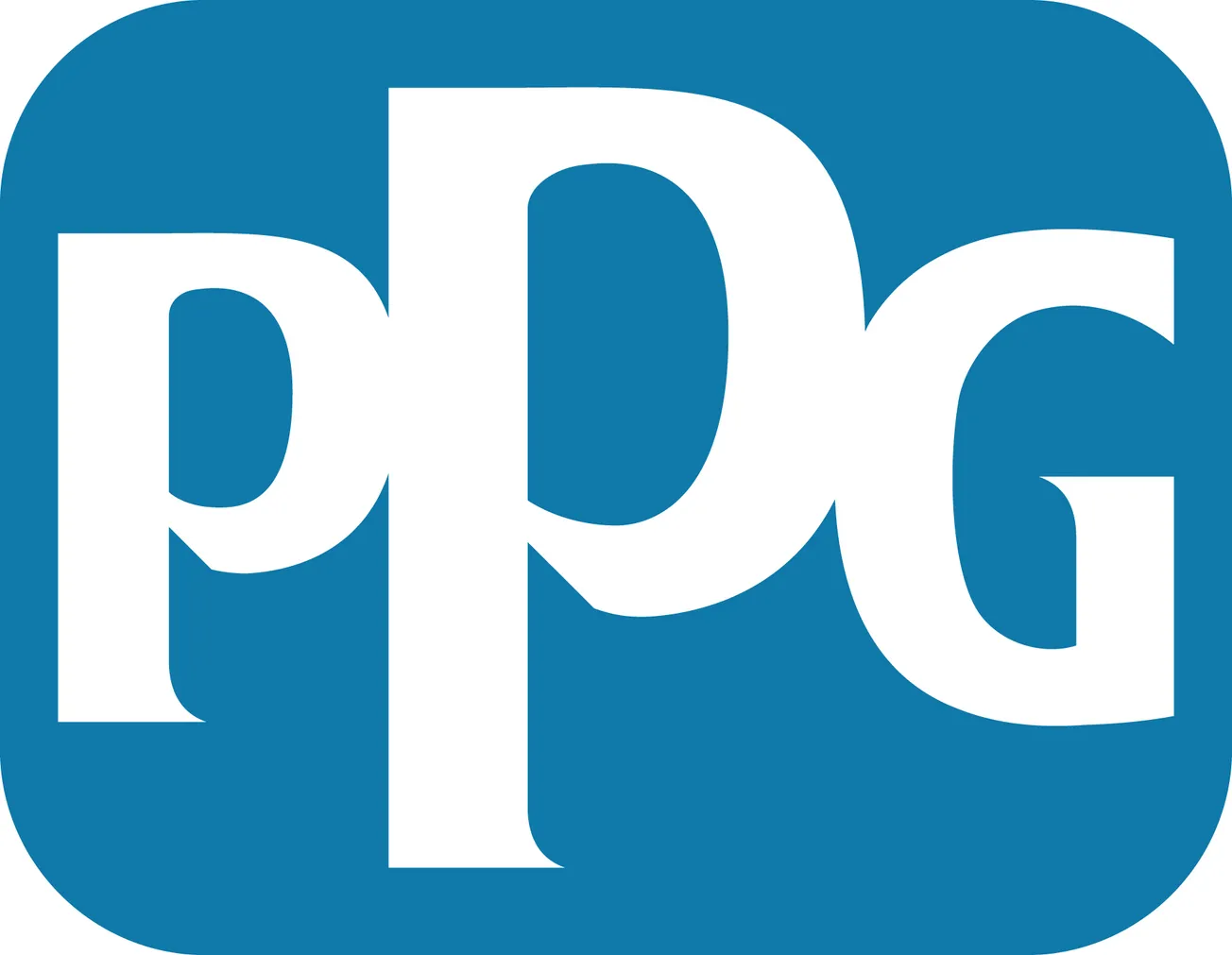Table of Contents
Pacific Woodtech Corp. is a mega-producer of engineered wood products that many have not come across—or have you? It has been producing laminated veneer lumber and I-joists with others’ names on them for about 20 years—until recently.
Certainly, lots of distributors are familiar with Pacific Woodtech, or PWT, as it is often called for short. And, of course, its competitors have been keenly aware of its presence in the market through the years. Established over 20 years ago, PWT historically did not put its own name on the products it produced. Finally, just a couple of years ago, it decided it was time to start applying its name to I-joists and LVL that were already in the market.
Pacific Woodtech’s is one of the largest LVL plants on the planet. It is located halfway between Seattle, Wa., and Vancouver, B.C., in the heart of Northwest timber country, where there’s an abundance of strong Douglas fir fiber. PWT was started as a greenfield plant, breaking ground in 1998. It more than doubled its production capacity with an additional LVL press in 2006—unfortunately just as the housing market was beginning to crash. With support of its parent company, it weathered the storm and came out stronger during the upturn with additional investments in capacity.
Building-Products.com sat down with Pacific Woodtech president and CEO Jim Enright and VP of sales & marketing Dan Semsak, to get a little background and find out why the change of direction.
BP: What prompted you to come out of the shadows?
Semsak: Private-label doesn’t work for every distributor or every market. As the North American residential market improved, we realized that we needed to develop a national brand to grow. Private-label can result in an exponential number of SKUs, if not managed properly. Through this change, we have become more efficient. However, more importantly, we can better serve all our customers with more production and on-ground inventory.
BP: What makes you unique?
Semsak: It really comes down to service and support. We service our customers well with the whole of the company. We do make some of the highest quality EWP in the industry, but our competitors also make good quality products. So, we set ourselves apart by being straight up with our customers. It is a shared commitment to the market.
BP: How did you adopt what you have learned from producing private-label products to the new Pacific Woodtech brand?
Semsak: Every market is different. We learned to customize our approach to specific markets by working closely with our customers on the support needs of downstream accounts. Sometimes, that is with a specific product line or with customized literature. We try to create tools to make our customers successful. There are complementary products to our EWP that our customers may need to better compete. We will help them secure those suppliers weather it is software, glulam beams, fasteners or rimboard.
BP: What is your path to market?
Semsak: We strongly support two-step distribution. EWP sales is an area where stocking distribution brings real value to the chain. We operate a huge facility. It is not possible for us to ship job packs or make onesy-twosy type product orders. We rely on the efficiencies of the distribution chain to offer maximum support to downstream customers. It’s a partnership.
BP: Where do you ship?
Throughout North America and overseas. We have three main product lines: residential and commercial, export, and industrial products.
BP: How did you get started in the industry?
Enright: Purchasing TJI’s for construction projects in Southern California. Eventually, I went to work for Willamette Industries selling I-joists, LVL and glulam beams. Before Willamette was purchased by Weyerhaeuser, I moved onto Rosboro, in charge of sales. Finally, I ended up at Pacific Woodtech as they went through some leadership retirements.
Semsak: I studied Japanese in college. Little did I know at the time, the Japanese build a lot of wooden houses. I was hired on with Vanport International to sell metric-size lumber, produced here, to Japan.
When the Japanese market collapsed in the late ’90s, I went to work for Jim at Willamette in EWP. After a few years as the lumber sales manager at Plum Creek, I started at Pacific Woodtech. We are glad to have Jim leading PWT. Most of our team hails from the EWP industry.
BP: What challenges do you see on the horizon?
Enright: Labor supply, mostly. Labor is the governor on housing starts. There are not enough loggers, truckers, framers and anywhere in between to fill the pipeline. Housing starts seem to only be able to grow in the 8-10% path we have been on in recent years due to lack of supply directly tied to lack of sufficient labor. So, is that a bad thing? Not necessarily, because it limits the chances of a bubble and resulting crash.
BP: What would you say to a young person looking to get into your industry?
Semsak: The opportunities are amazing. Have patience and initiative. Somebody will grab ahold of you and show you everything they know. Many people are close to retirement and looking to pass the torch. We are a relationship business where most offers are done on a handshake. Integrity means something. And, we have a lot of fun!









